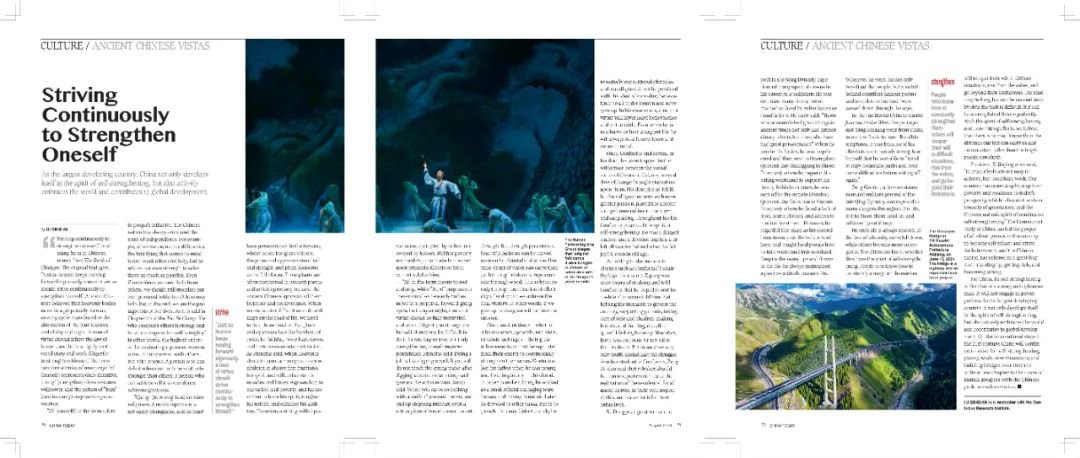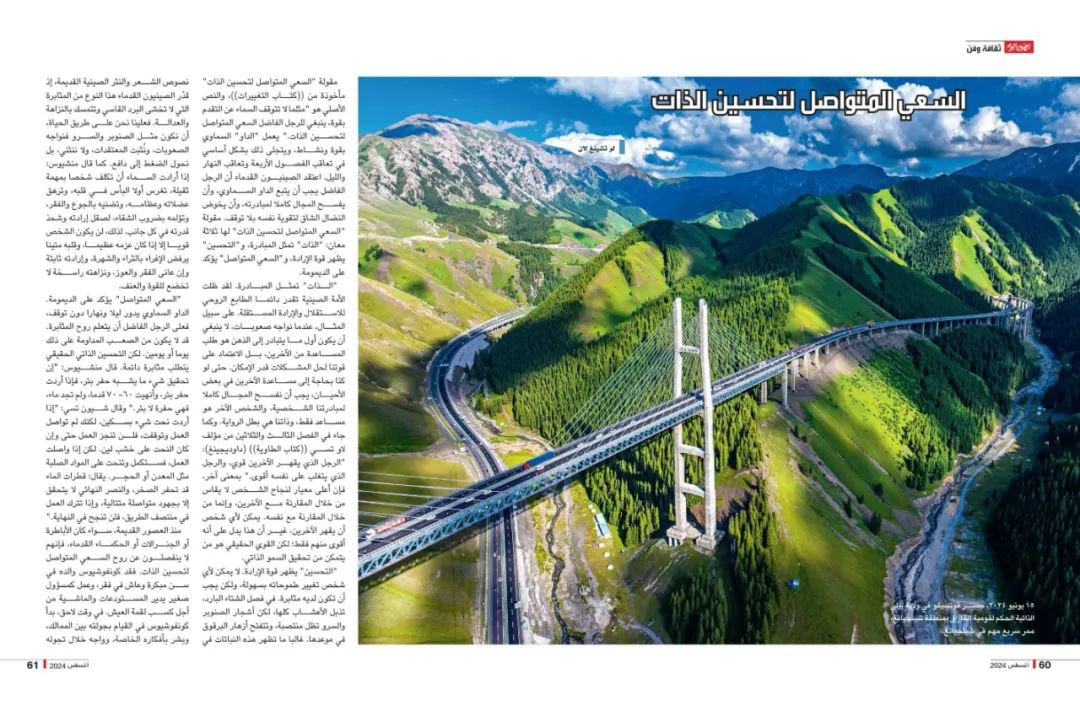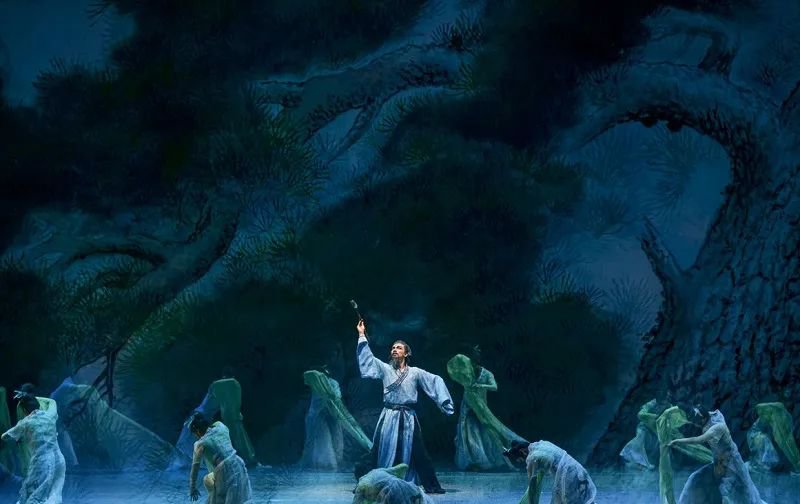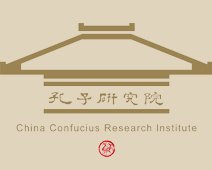编者按:为讲好中国故事、加强国际传播,孔子研究院携手中国外文局欧非传播中心在《今日中国》英文版、阿文版推出“中国精神和智慧”专栏,围绕中华优秀传统文化中的天下为公、民为邦本、革故鼎新、天人合一等12个主题词进行系列阐释。本期刊发我院学者路庆兰的文章《自强不息》,现将英文版转发于此,以飨读者。
摘要:“自强不息”出自《周易·乾卦·象传》,原文是“天行健,君子以自强不息”。天道运行刚强劲健,四时交替,昼夜更迭,永无止息。古人认为,君子应当效法天道,发挥自己的能动性、主动性,发愤图强,永不停息。“自强不息”一词蕴含三层涵义:“自”代表主动性,“强”彰显意志力,“不息”强调恒久性。自强不息精神代代传承。孔子周游列国,屡屡碰壁,在陈绝粮,依然弦歌不辍。苏轼一生宦海浮沉,却能宠辱不惊,坚忍不拔。曾国藩屡历险境,仍能“咬定牙根,徐图自强”。在21世纪的国际舞台上,中国也将继续以自强不息的精神奋力攀登,以中国式现代化书写人类进步事业新篇章。

英文版

阿文版
Striving Continuously to Strengthen Oneself
As the largest developing country, China not only develops itself in the spirit of self-strengthening, but also actively embraces the world and contributes to global development.
“Striving continuously to strengthen oneself,” or zi qiang bu xi in Chinese, comes from The Book of Changes. The original text goes, “Just as heaven keeps moving forward vigorously, a man of virtue should strive continuously to strengthen himself.” Ancient Chinese believed that heavenly bodies move in a perpetually forward-moving cycle, manifested in the alternation of the four seasons, and of day and night. A man of virtue should follow the law of heaven, and be in a highly motivated state and work diligently to strengthen himself. The term contains a troika of meanings: “zi” (oneself) represents one’s initiative, “qiang” (strengthen) demonstrates willpower, and the notion of “buxi” (continuously) emphasizes perseverance.
“Zi” (oneself) in the term refers to people’s initiative. The Chinese nation has always embraced the spirit of independence. For example, when we encounter difficulties, the first thing that comes to mind is not to ask others for help, but to rely on our own strength to solve them as much as possible. Even if sometimes we need help from others, we should still mobilize our own personal initiative. Others may help, but in the end, we are the protagonists of our lives. As it is said in Chapter 33 of the Tao Te Ching: “He who conquers others is strong, and he who conquers himself is mighty.” In other words, the highest criterion for evaluating a person’s success is not in comparison with others, but with oneself. A person who can defeat others can only be said to be stronger than others; a person who can achieve self-transcendence achieves greatness.
“Qiang” (to strengthen) denotes willpower. A man’s aspiration is not easily changeable, and he must have perseverance. In the freezing winter when the grass withers, the pines and cypresses stand tall and straight, and plum blossoms are in full bloom. These plants are often mentioned in ancient poems and articles precisely because the ancient Chinese appreciated their fortitude and perseverance. When we encounter difficulties and hardships on the road of life, we need to face them head-on like pines and cypresses face the harshest of colds, be faithful, never back down, and turn pressure into motivation. As Mencius said, when Heaven is about to grant a man great responsibilities, it always first frustrates his spirit and will, exhausts his muscles and bones, exposes him to starvation and poverty, and harasses him to hone his spirit, toughen his nature, and enhance his abilities. Therefore, a strong-willed person is not corrupted by riches, nor swayed by honors. Neither poverty nor hardship can make him waver upon principle; threats or force cannot subdue him.

The Hainan Performing Arts Group stages their original folk dance drama Dongpo in Hainan on celebrated writer Su Dongpo’s years in exile.
“Xi” in the term means to rest and stop, while “bu xi” emphasizes “never stop.” As heavenly bodies move in a perpetual forward-going cycle, be it day or night, a man of virtue should be fully motivated and work diligently to strengthen himself. It may not be difficult to do it for one day or two, but truly strengthening oneself requires persistence. Mencius said: Doing a job is like digging a well. If you still do not reach the spring water after digging a dozen meters deep and give up, the act is in vain. Xunzi said: When you carve something with a knife, if you can’t persist and end up stopping midway, even a rotten piece of wood cannot be cut through. But through persistence, beautiful patterns can be carved even on hard metal and stone. Over time, drops of water can carve their path through rocks and ropes can saw through wood. This is because only through culmination of effort day after day can we achieve the final victory. In other words, if we give up halfway, we will achieve no success.
Since ancient times – whether it be emperors, generals, ministers, or saints and sages – their great achievements cannot be separated from their efforts to continuously strengthen themselves. Confucius lost his father when he was young and lived in poverty in childhood. In order to make a living, he worked as a small official managing warehouses and raising livestock. Later, he traveled to other vassal states to preach his ideas. Unfortunately, he repeatedly encountered obstacles and was displaced, but he persisted with the ideal of spreading benevolence to all under heaven and never gave up. In his own words, a man of virtue will never leave benevolence and virtue aside. Even when he is in a hurry, or lives a vagrant life, he will always bear benevolence and virtue in mind.
Once, Confucius and several of his disciples were trapped in the wilderness between the vassal states of Chen and Cai, and several days of hunger brought starvation upon them. His disciples all fell ill, but he still gave lectures with even greater passion, played the ancient stringed musical instrument qin, and sang along. Throughout his life, Confucius practiced the spirit of self-strengthening. He was a diligent student and a devoted teacher, and left all worries behind when he felt joyful, even in old age.
According to the records in classics such as Confucius’ Family Sayings, his student Zigong was once weary of studying and told Confucius that he hoped to rest for a while. Confucius told him that helping the monarch to govern the country, supporting parents, taking care of wife and children, making friends, and farming, etc. all required life-long learning. Therefore, there was no room for rest other than in death. Put in another way, only death should halt the struggle. Another student of Confucius, Zeng Zi, also said that scholars should be firm and perseverant, take the realization of “benevolence” for all under heaven as their own responsibility, and strive for it for their entire lives.
Su Dongpo, a great writer and poet in the Song Dynasty, experienced many ups and downs in his career as a politician. He was demoted many times, but remained unfazed by either favors or humiliations. He once said, “Those who accomplished great things in ancient times not only had extraordinary talents but must also have had great perseverance.” When he was in his forties, he was imprisoned and then sent to Huangzhou (present-day Huanggang in Hubei Province), where he began cultivating wasteland to support his family. In his later years, he was sent off to the remote Danzhou (present-day Danzhou in Hainan Province), where he faced a lack of food, warm clothes, and access to medical treatment. However, he regarded this place as his second hometown, established a school here, and taught local people how to turn wasteland into farmland. Despite the many ups and downs in his life, he always maintained a positive attitude towards life. Wherever he went, he not only benefited the people, but also left behind countless famous poems and anecdotes that have been passed down through the ages.

The Guozigou Bridge in Yili Kazakh Autonomous Prefecture, Xinjiang, on June 15, 2024. The bridge is a highway and an important livelihood project.
In the traditional Chinese classic Journey to the West, the protagonist Tang Sanzang went from China to ancient India to learn Buddhist scriptures. It was because of his efforts to continuously strengthen himself that he was able to “tread bumpy mountain paths and overcome difficulties before setting off again.”
Zeng Guofan, a famous statesman and military general of the late Qing Dynasty, was exposed to many dangers throughout his life, but he faced them head-on and achieved great things.
No one’s life is always smooth. In the face of adversity, some fall down, while others become more courageous. The difference lies in whether they have the spirit of self-strengthening. People who know how to constantly strengthen themselves will temper their will in difficult situations, rise from the ashes, and go beyond their limitations. The road may be long, but can be covered step by step; the task is difficult, but can be accomplished if done patiently. With the spirit of self-strengthening and unremitting efforts, we believe that there is no road longer than the distance our feet can carry us and no mountain taller than the height people can climb.
President Xi Jinping once said, “Human ideals are not easy to achieve, but need hard work. Our country has come step by step from poverty and weakness to today’s prosperity, which relies on the sheer tenacity of generations, and the Chinese nation’s spirit of continuous self-strengthening.” The Communist Party of China has led the people of all ethnic groups in the country to become self-reliant and strive for betterment, and the Chinese nation has ushered in a great leap from standing up, getting rich, and becoming strong.
For China, its self-strengthening is like that of a strong and righteous man. It will not engage in power politics. As the largest developing country, it not only develops itself in the spirit of self-strengthening, but also actively embraces the world and contributes to global development. On the international stage in the 21st century, China will continue to strive for self-strengthening, paving roads over mountains and building bridges over rivers to write a new chapter in the cause of human progress with the Chinese path to modernization.
LU QINGLAN is a researcher with the Confucius Research Institute.








